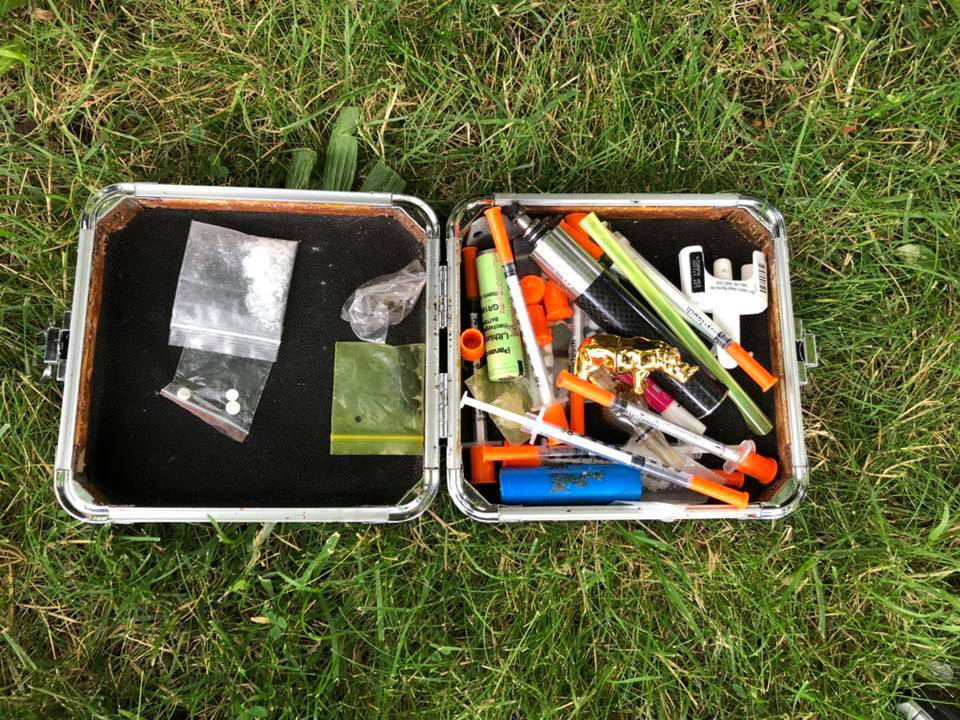Washington lawmakers have proposed a bill that aims to reform the way we treat substance abuse disorder, and the recent Supreme Court ruling decriminalizing simple drug possession in the state may provide an opportunity to transition from punishing drug users to actually helping them.
The prime sponsor of House Bill 1499, Rep. Lauren Davis (D-Shoreline) testified during a public hearing on Feb. 12 claiming that not only is the state’s current approach to drug abuse disorder “woefully inadequate,” but it is also “incredibly problematic.”
Davis said that arresting and incarcerating individuals suffering from substance abuse disorder does little to help them cease the use of drugs and is far more likely to exacerbate the sense of social isolation, shame and lack of connection that all serve as underlying causes of substance abuse.
Additionally, she said drug related felony charges only present an obstacle to obtaining employment and housing, two things that have been shown to be critical to addiction recovery.
Davis argued that those suffering from addiction deserve “help, not handcuffs.”
Davis’s co-sponsor to the bill, Rep. Kirsten Harris-Talley (D-Seattle) said behavioral health services and programs are usually not offered to a person in need until after they are booked in the criminal justice system.
“It is a disease, it is a disorder, and it is the only illness we treat with criminalization,” Harris-Talley said.
She says this bill would expand access to behavioral health services, allow for better inter-system coordination and provide better pathways to recovery as an alternative to arrest.
The bill as written now would not only require the Health Care Authority to develop a substance use recovery services plan to assist persons with substance use disorder in accessing treatment and recovery services, it also includes provisions that require training for law enforcement officers to better interact with persons with substance use disorders and even to refer them to to treatment and recovery services.
Harris-Talley said the new policy would require more behavioral health resources, practitioners and specialists to accommodate the increased amounts of patients this bill would spur.
“We have the start, but to scale up we will need a lot more investment,” she said.
The bill would have also decriminalized “personal use amounts,” of illicit substances, but a recent Washington State Supreme Court ruling in Washington v. Blake struck down the state’s simple possession statute, essentially decriminalizing drug possession anyway.
Harris-Talley said she believed the Washington v. Blake ruling was the “right decision,” as it showed how the current drug possession laws only proliferate and accelerate the incarceration of those suffering from an otherwise treatable illness.
She also suggested that the timing of the court’s decision may prove to be a convenient time to implement a policy and paradigm shift away from punishing substance abuse to treating it instead.



